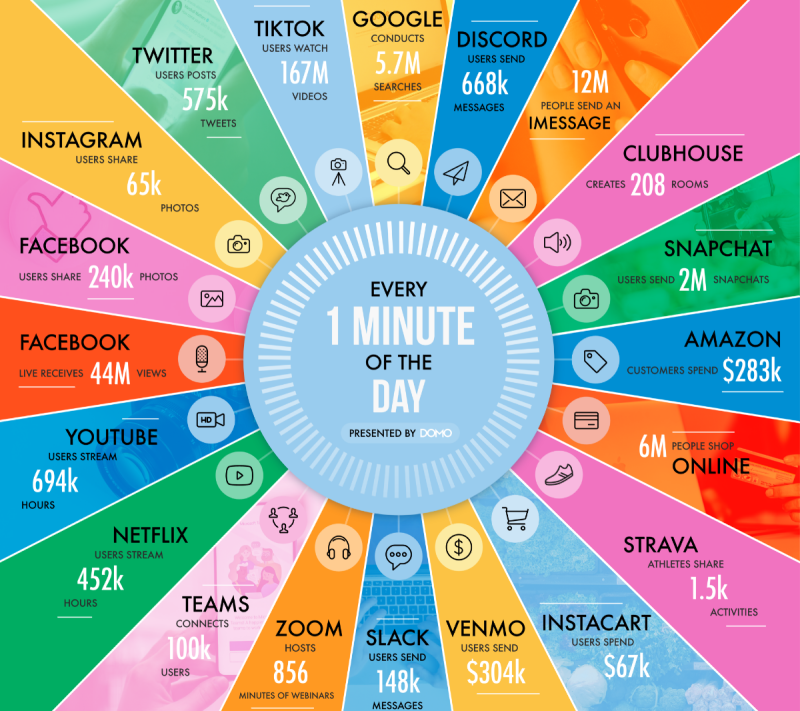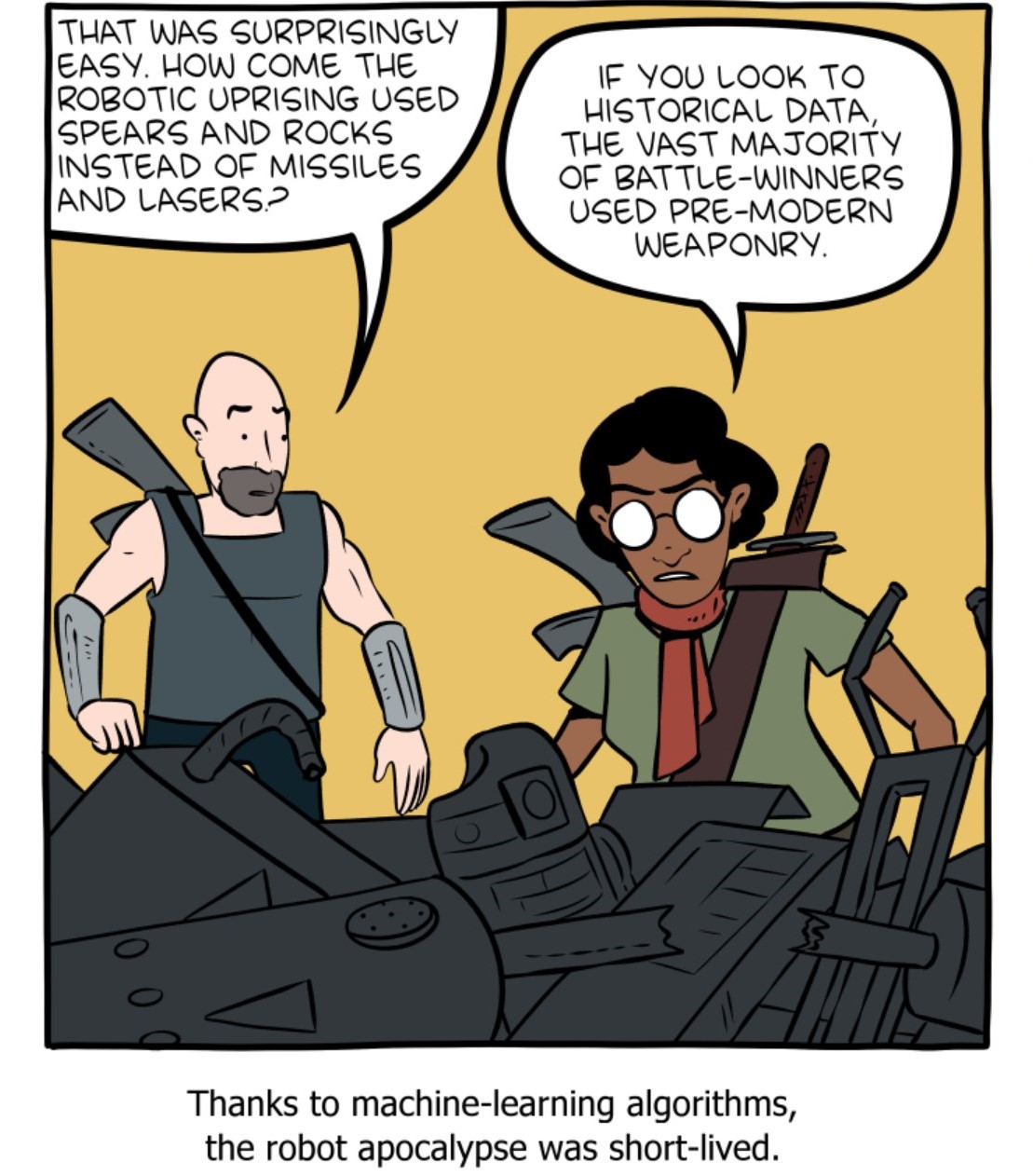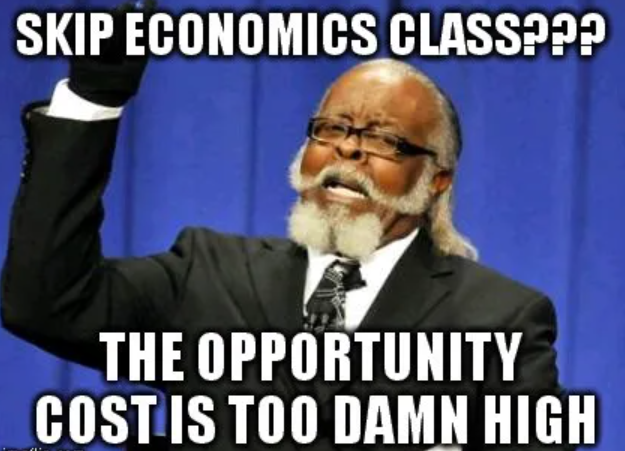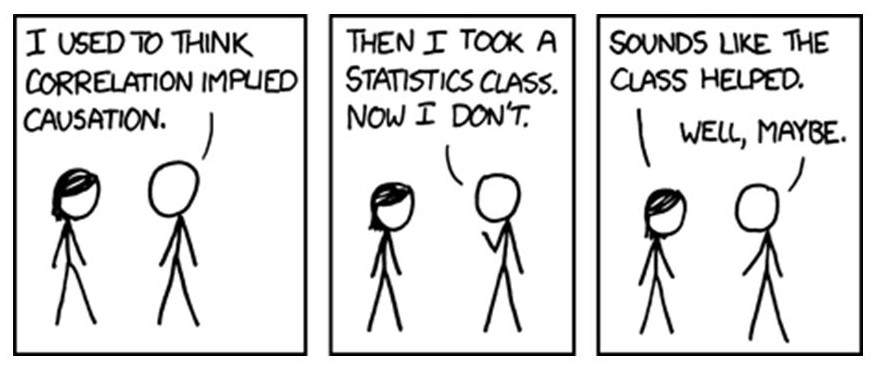Big Data Econometrics
An graduate elective course offered by Master of Science (M.S.) in Applied Economics program
For more details, see my syllabus.

In this course we examine how to merge the economics data analysis tools with the most common
“big data” tools and methods. We examine and gain hands-on experience with the terminology,
technology and methodology behind the most common big data questions. The course expose
students to the most common analytical methodology used in “big data” analytics, that is, machine
learning. We apply our newly learned skills of supervised and unsupervised learning techniques
to solve various problems with a real data set. Policy recommendations are made to interested
parties at the end of the course.
Course Description: This course demonstrates how to
merge economic data analysis and applied econometric tools with the most common machine learning
techniques, as the rapid advancement of computational methods provides unprecedented opportunities
for understanding “big data”. This course will provide a hands-on experience with the terminology,
technology and methodologies behind machine learning with economic applications in marketing,
finance, healthcare and other areas. The main topics covered in this course include: advanced
regression techniques, resampling methods, model selection and regularization, classification models
(logistic regression, Naïve Bayes, discriminant analysis, k-nearest neighbors, neural networks),
tree-based methods, support vector machines, and unsupervised learning (principal components
analysis and clustering). Students will apply both supervised and unsupervised machine learning
techniques to solve various economics-related problems with real-world data sets.
Machine Learning for Economics
An elective course offered by Economics Department for juniors/seniors
For more details, see my syllabus.

The goal of this course is to provide an introduction to methods that allow to deal with large scale
data sets. My course is based on R and focuses heavily on causality. And, we focus on statistical
learning techniques and high-dimensional statistics, and show how they can be applied in economics
and
business administration. Most of my student are Econ, CS, and Math majors.
Course Description: One of the defining features of
the world around us today is the ever-increasing amounts of data that
describe our daily lives. This "big data" phenomenon, as it became known, has led to developing of
new methods,
called "machine learning", that allow high-dimensional statistical analysis in ways that were either
impossible or
infeasible for classical statistical methods, such as regression analysis.
The goal of this course is to provide students with an introduction to modern data-driven learning
in a
framework that makes it applicable to causal economic analysis. While we will cover the necessary
theoretical
foundations, the emphasis will be placed on application and learning how and when to use these
methods, as
well as when and how these methods can fail.
Econometrics
An graduate elective course offered by Master of Science (M.S.) in Applied Economics program
For more details, see my syllabus.

Course Description: This course develops the
foundations of predictive data analytics by introducing the key concepts of applied
econometrics, and the application of statistical tools used to estimate economic relationships.
The main topics covered in this course include simple and multiple linear regression, binary and
multinomial logistic regression, variable selection and shrinkage methods, count regression,
generalized linear models, weighted least squares, generalized least squares, robust regression,
and panel regression. The course is heavily weighted towards practical application using the R
statistical programming language and data sets containing missing values and outliers. The
course also addresses issues of exploratory data analysis, data preparation, model development,
model validation, and model deployment.
Forecasting Techniques
A graduate elective course offered by Finance Department for master students
For more details, see my syllabus.

This course aims to provide a broad-based survey of business forecasting methods. My course is
based
on R and focuses on practical how-to forecasting techniques and dozens of real-world data sets
while
teaching intuition on theory and math.
Course Description: The theory and practice of
applied time series analysis will be explored. First the different segments (trend, seasonality,
cyclical, and irregular) of a time series will be analyzed by examining the Autocorrelation
functions (ACF) and Partial Autocorrelation functions (PACF). The specifics model the various
types
of time series include linear regression, panel regression, seasonal decomposition, exponential
smoothing, and ARIMA modeling as well as combining models.
In short, this course will equip you with tools
necessary to construct forecasts to inform business
decisions. As such, the focus of the course will not be only on tools, but also on how they are
used
in business.
Microeconomics Theory
An intermediate course offered by Economics Department for sophomores
For more details, see my syllabus.

Microeconomics is the foundation of all economic analysis. I teach the fundamental theories of
microeconomics and illustrate the widespread implications of these theories when we examine
real-world situations. This course aims to have every student “thinking like an economist” and
feeling comfortable enough with microeconomics to apply it in all walks of their lives.
Course Description: This course builds on
Principles
of Economics and covers topics such as consumer theory and producer theory in depth. The aim of
the
course is to provide you with a solid background of the tools of microeconomic analysis.
Principles of Economics
An introductory course to the Economics major and open for all freshmen, sophomores, and juniors
For more details, see my syllabus.

This course, which qualifies as one of the two required University Social Science Core courses,
is the introductory course to the major.
Course Description: This course is an analysis
of prices, output, and income distribution through the interaction of households and business
firms in a modern Western economy. It also includes an analysis of national income and
employment, economic fluctuations, monetary and fiscal policy, inflation, growth, and
international aspects of macroeconomic policy. The appropriate role of government intervention
is examined, and basic analytical tools are applied to current economic problems.
Econometrics Labs
A lab course for intermediate Econometrics Methods course offered by Economics Department for
sophomores
For more details, see my syllabus.

My students work on labs in small groups. The course introduces
coding concepts and offers hands-on experience with econometric estimators they learn at their
theory course.
I served as Head TA for this course and supervised a team of 3 doctorate students that led
sections
for 200+ students.
Teaching Activities
I have enjoyed many different teaching levels as an instructor, teaching assistant,
tutor, and grader during my formal education. You can find a complete list of my teaching
activities
below.
Instructor, Boston College
-
Big Data Econometrics - Master's
level (Summer 2022)
-
Econometrics - Master's
level (Summer 2022)
-
Principle of Economics (Summer 2022)
-
Machine Learning for Economics (Spring 2022)
-
Forecasting Techniques - Master's
level (Spring 2022)
-
Microeconomic Theory (Fall 2021)
Teaching Assistant, Harvard University
-
Managerial Economics - Master's level
(Summer 2020, Summer 2021, Spring 2022, Summer 2022)
-
Microeconomic Theory - Master's level
(Fall 2021)
Teaching Assistant, Boston College
-
Econometrics Lab, Head TA (Fall 2019, Fall 2020,
Spring 2021)
-
Principles of Economics (Spring 2020)
-
Applied Macroeconomic Theory - Master's
level (Fall 2019)
-
Principles of Macroeconomics (Spring 2019)
-
Econometric Methods (Fall 2018)
-
Econometric Methods - Ph.D.
level (Spring 2018)
-
Statistics - Ph.D. level
(Fall
2017)
-
Game Theory (Spring 2017)
-
International Economic Relations (Fall 2016, Spring
2017)
-
Microeconomics Theory (Fall 2016)
Graduate Tutor, Boston College, Woods College
Teaching Assistant, Bogazici University
-
Macroeconomics (Spring 2016)
-
Mathematical Methods for Economics -
Master's level (Fall 2015)
-
Microeconomics (Summer 2015)
-
Computing for Economics and Management (Spring
2015)
-
Mathematics for Economist (Fall 2014)
Teaching Award





